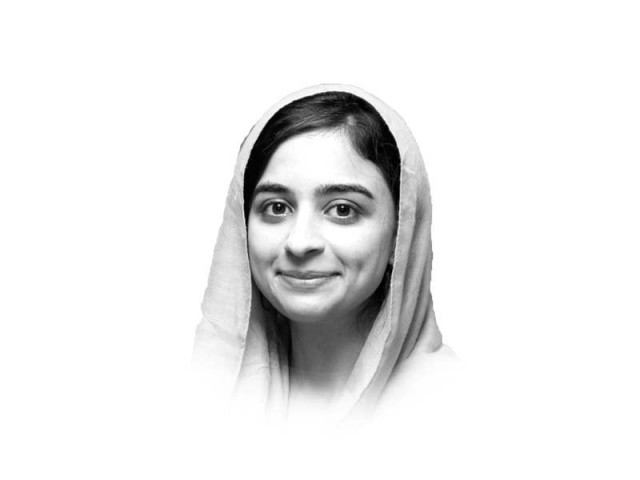The Pearl of Arabia
Over the past 50 years, Oman’s story has been one of success

On November 16, Oman revealed that it will inaugurate its space programme next year and subsequently launch its first space satellite in 2024. The country’s previous attempts at joining the league of spacefaring nations have been getting deferred since 2006. In 2008, then ruler Sultan Qaboos cancelled the satellite programme altogether in order to divert national funds to mitigate the unemployment crisis brought on by the 2008 financial crunch.
Over the past 50 years, Oman’s story has been one of success. From the poverty ridden country in the 1960s with only 10 kilometres of paved roads, one hospital and average life expectancy of 50 years, Oman now boasts of world renowned highways, four international airports, three major sea ports and more than 55 educational institutions. The literacy rate is more than 96% and average life expectancy is now at 77 years. Presently, the country is focused on realising its Vision 2040 which builds on developments in globalisation and technology and focuses on the creation of a digitally erudite, entrepreneurial society.
All these achievements also showcase the progressive mindset of Omani leadership. Another template of this is the smooth power transition earlier this year. Where devolution of power often go hand in hand with bloodstained, gory descriptions, Sultan Qaboos left little to chance and left behind two sealed envelopes containing the names of an heir and a backup.
At present Oman’s economy is low performing but stable. In order to finance the country’s large expenditure bill, the government keeps on issuing debt as a result of which the debt-to-GDP ratio has risen from 5% (2014) to 60% (2020). Oil exports have been the leading revenue generator for the country since 1967. However, given the fluctuations in black gold prices and an oil recovery rate of 700,000 barrel a day, Oman will have to adapt to a post-oil economy in the near future since its reserves will likely deplete within the next 20 years. The sultanate has already been preparing for this since 1995 when it announced its Vision 2020. Being home to five UNESCO heritage sites, the country has also been building and promoting its tourist industry.
During the first wave of the Covid-19 pandemic, early, critical and clear action by the government dramatically helped slow the spread of the virus. With the ‘Oman vs Covid-19’ initiative as the fulcrum, the country launched the ‘Tarassud Plus’ — a system using artificial intelligence to provide statistics, guidelines as well as patient movement tracking. This has been one of the most powerful technological solutions deployed in the Middle East to date.
Though it is the closest Arab neighbour to Pakistan, except for regular military engagements, little is known about Oman, despite the two countries sharing very close ethnic, cultural and religious ties. More than 30% of Omanis are of Baloch descent. According to official sources, to date, more than 800,000 Pakistanis have immigrated for work to Oman since 1971. The two countries share a maritime border — the significance of which can be encapsulated in Pakistan’s Gwadar port which is the life line of the China-Pakistan Economic Corridor. The anchorage had been under Omani rule for 174 years till it was bought by Pakistan in 1958 for $3 million.
Though it is not considered to be on the same level as its Arab counterparts, Oman is definitely a country to look out for — something the Pakistani leadership needs to take notice of. Pakistan should, with vigour, engage in commercial diplomacy in untapped avenues such as tourism, technology and energy. The Pearl of Arabia offers a vast range of economic opportunities of uncultivated collaboration between Pakistan and the Middle East.
Published in The Express Tribune, December 2nd, 2020.
Like Opinion & Editorial on Facebook, follow @ETOpEd on Twitter to receive all updates on all our daily pieces.















COMMENTS
Comments are moderated and generally will be posted if they are on-topic and not abusive.
For more information, please see our Comments FAQ